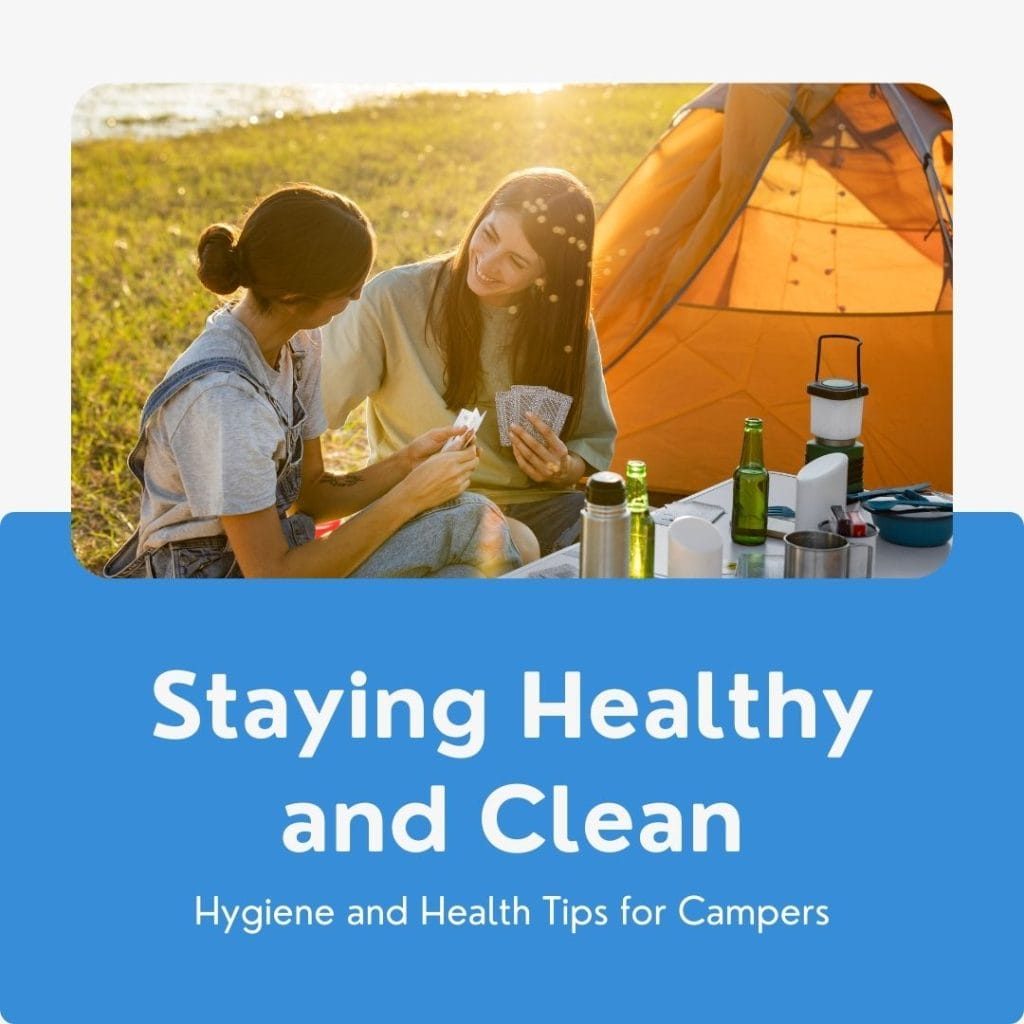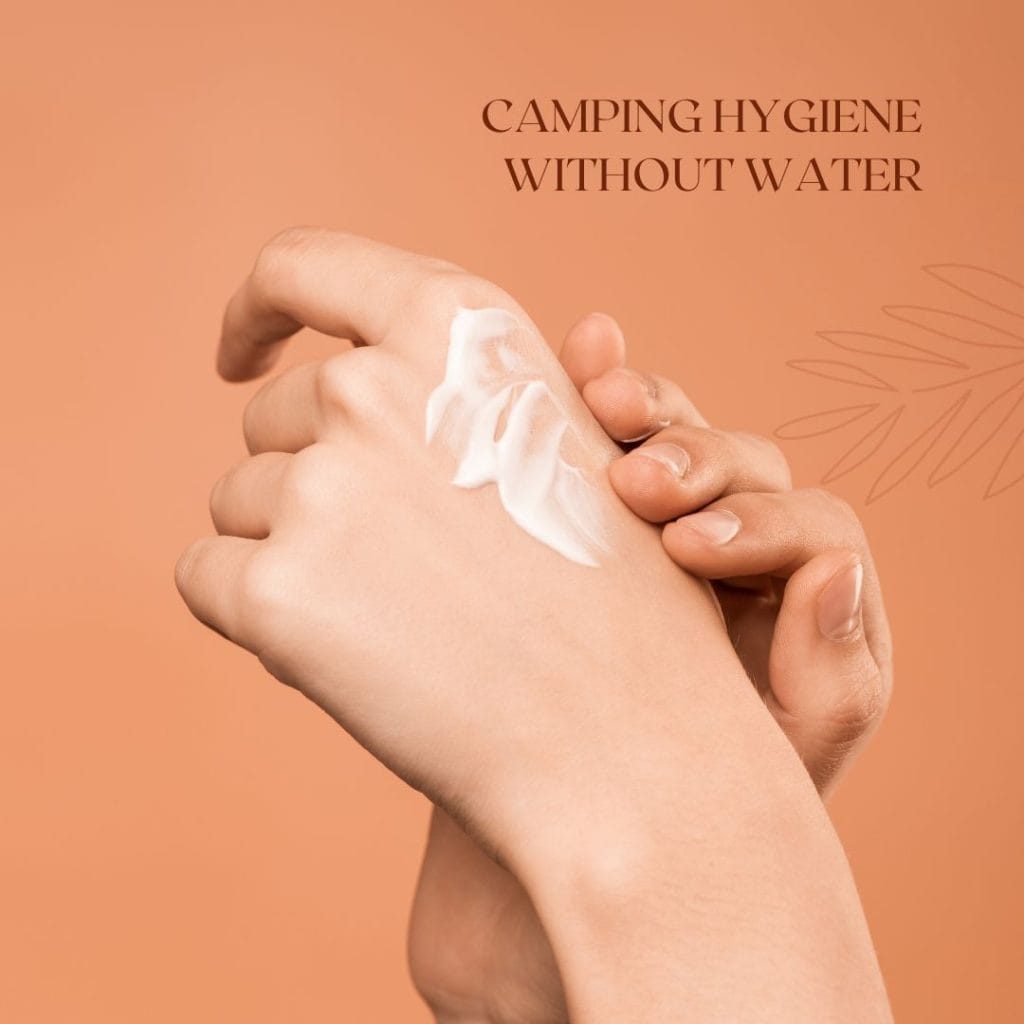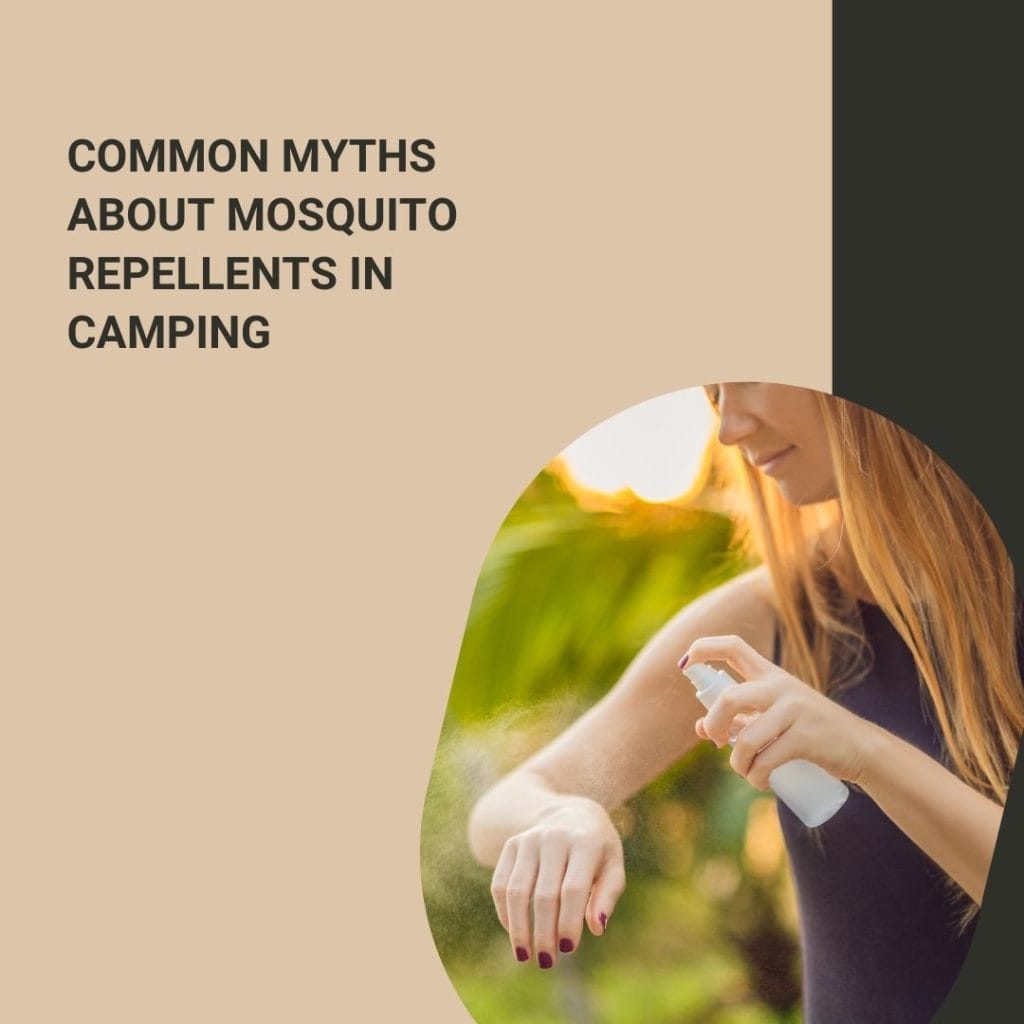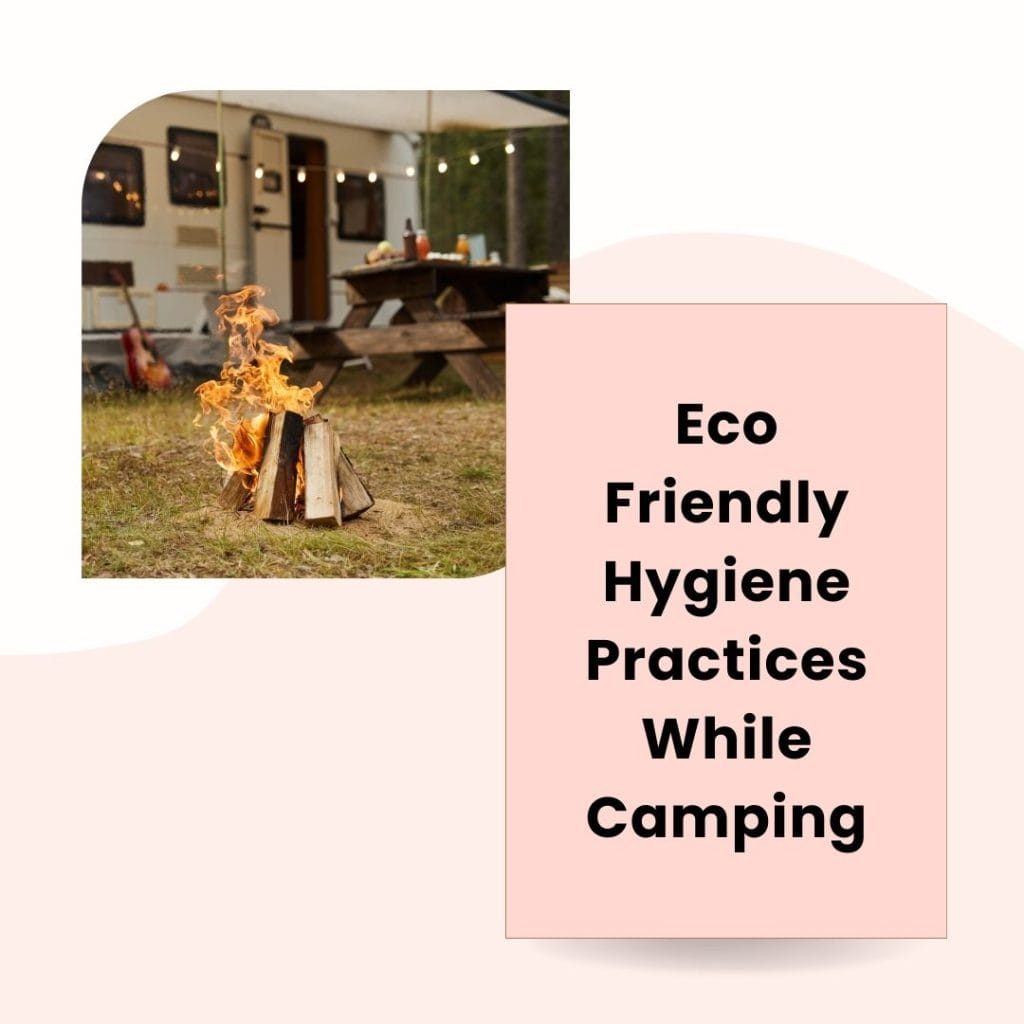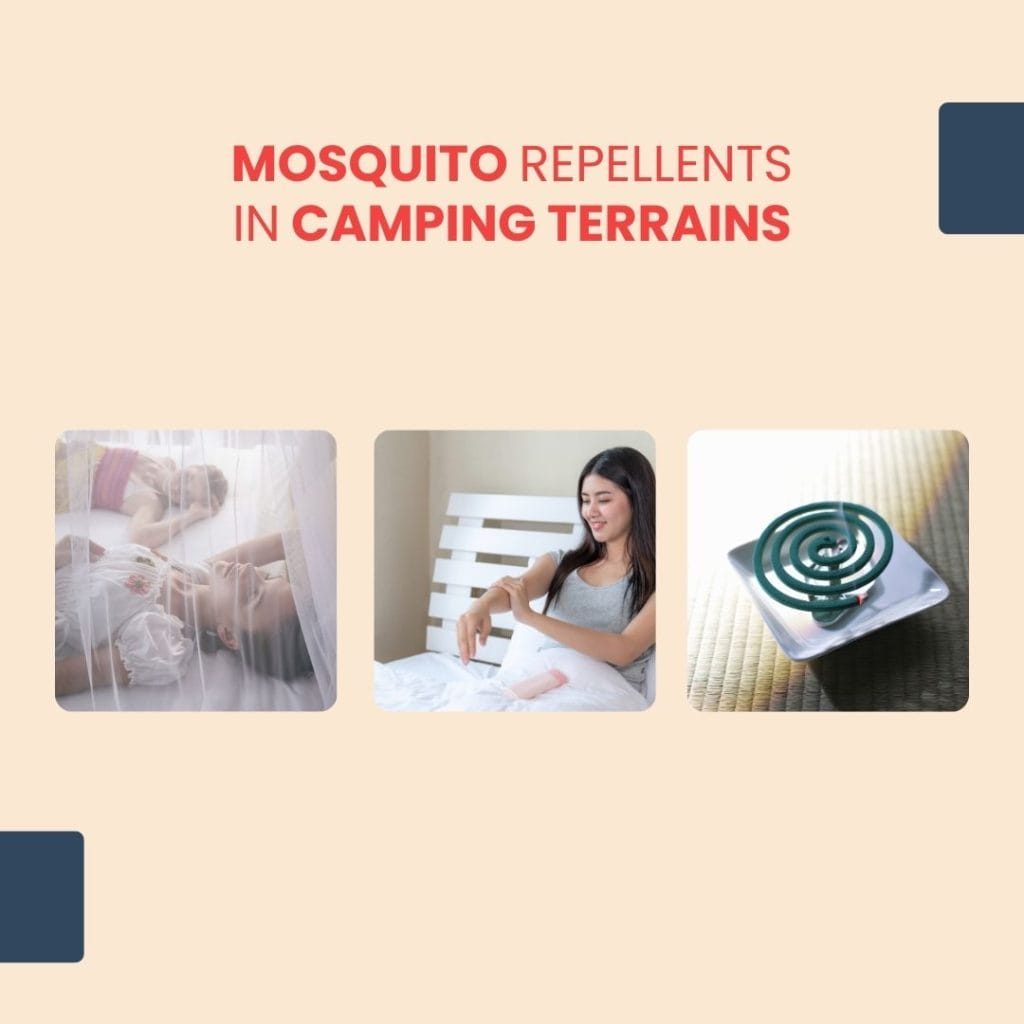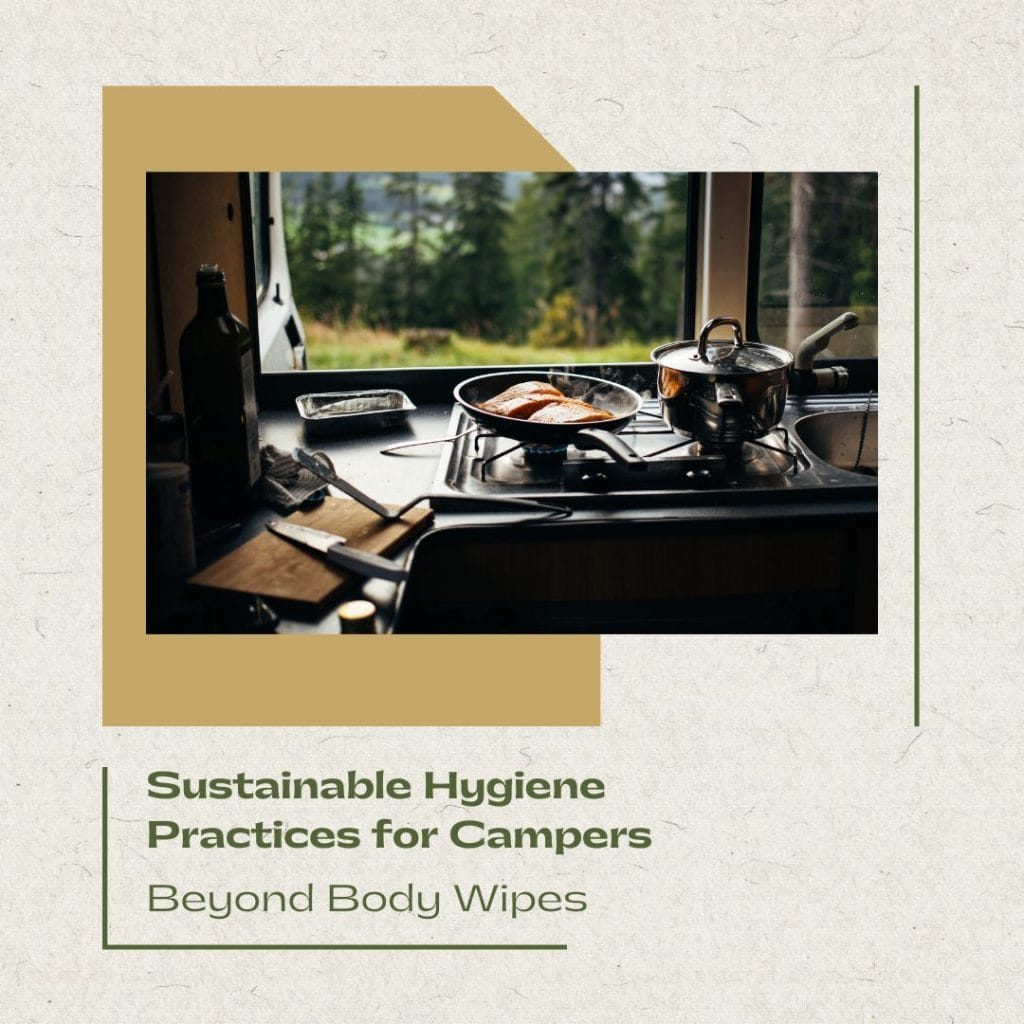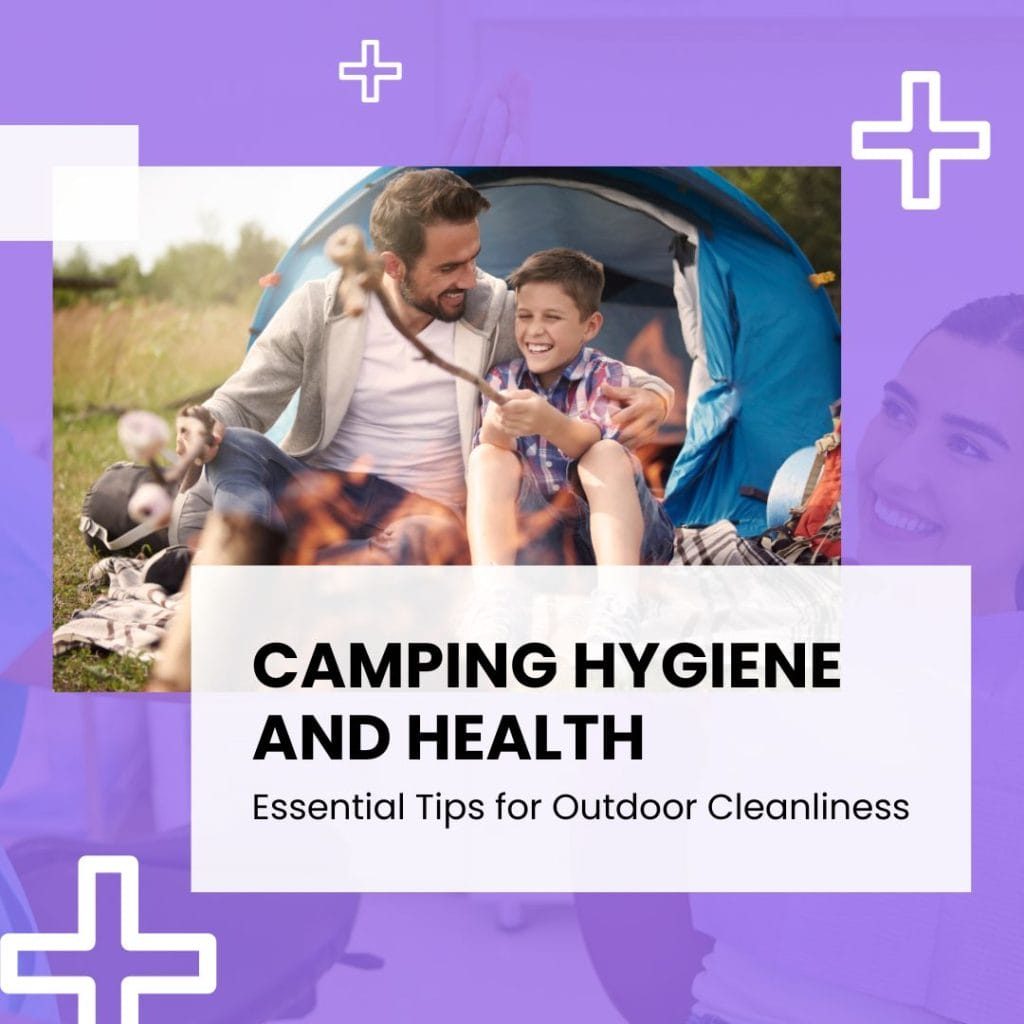Embarking on a camping adventure brings us closer to the serene beauty of nature, offering an escape from the bustling city life. However, amidst the excitement and wilderness, maintaining proper hygiene and health often takes a backseat, posing challenges that can impact our outdoor experience. This comprehensive guide is designed to address these challenges, ensuring your camping trips are not only memorable but also safe and hygienic.
In the great outdoors, our usual amenities are replaced by the simplicity of nature. Here, cleanliness becomes more than a matter of comfort—it’s a necessity for health and safety. Whether you’re a seasoned camper or a novice, understanding the nuances of outdoor hygiene is crucial. From selecting the right body wipes to identifying effective mosquito repellents, each choice plays a pivotal role in your overall camping experience.
This article serves as a pillar of knowledge, covering a range of topics essential for any camper. We delve into the best practices for maintaining personal hygiene, strategies for insect repellent use, and eco-friendly habits that harmonize with nature. Furthermore, we address common myths and provide tips for special camping scenarios, like managing hygiene in water-scarce environments.
Moreover, for readers seeking detailed insights on specific aspects of camping hygiene, we’ve interlinked child articles that deep dive into topics such as “13 Best Body Wipes for Camping in 2021”, “Evaluating the Effectiveness of Different Mosquito Repellents for Camping”, and “Adopting Eco-Friendly Hygiene Practices While Camping”, among others. Each of these articles complements the information here, providing a holistic view of camping hygiene and health.
So, as you prepare for your next adventure under the stars, let this guide be your companion in ensuring that your experience is as clean and healthy as it is exhilarating and fun.
Basics of Camping Hygiene: Ensuring Cleanliness in the Great Outdoors
Camping offers an exhilarating escape into nature, a chance to unwind under the starry sky, and an opportunity to disconnect from the digital world. However, amidst this rustic adventure, one aspect that should never be overlooked is personal hygiene. Maintaining cleanliness while camping is not just about comfort; it’s a necessity for health and well-being. In this guide, we’ll explore the basics of camping hygiene, emphasizing the importance of personal cleanliness and the role of body wipes as a hygiene solution.
Why Hygiene Matters
When out in the wilderness, you’re exposed to various elements and potential contaminants. The lack of conventional facilities can increase the risk of infections and illnesses. Good hygiene practices help prevent the spread of germs and bacteria, ensuring that your camping experience remains safe and enjoyable.
Challenges in the Wild
The outdoor environment presents unique challenges for maintaining hygiene. Limited access to water, exposure to dirt, and the absence of traditional washing facilities can make cleanliness a tricky task. However, with some preparation and the right products, these challenges can be effectively managed.
Body Wipes: A Camping Hygiene Essential
Body wipes are pre-moistened towelettes designed for cleansing the body when traditional washing facilities are unavailable. They are a convenient and effective solution for campers to maintain personal hygiene, especially in environments where water is scarce or carrying capacity is limited.
Benefits of Using Body Wipes in Camping
- Convenience: Easy to pack and use, body wipes can be a quick solution for cleaning up after a hike, before meals, or before tucking into your sleeping bag.
- Water Conservation: In areas where water is scarce, body wipes provide a waterless cleaning option, helping to conserve this precious resource.
- Reduced Impact on Environment: Many body wipes are biodegradable and eco-friendly, making them a responsible choice for nature-conscious campers.
Selecting the Right Body Wipes
When choosing body wipes for camping, consider the following:
- Biodegradable: Opt for eco-friendly wipes that break down naturally and have minimal impact on the environment.
- Alcohol-Free and Hypoallergenic: To avoid skin irritation, choose wipes that are gentle and free from harsh chemicals.
- Size and Packaging: Large wipes can cover more area, and resealable packaging ensures they stay moist.
Using Body Wipes Effectively
- Target Key Areas: Focus on areas prone to bacteria build-up, like the face, hands, underarms, and feet.
- Disposal: Even biodegradable wipes should be disposed of properly. Pack them out and avoid leaving them in the environment.
Mosquito and Insect Repellent Strategies for Campers
Camping is an enriching experience, connecting us with the beauty of nature. However, this immersive outdoor experience often comes with a less welcome aspect – mosquitoes and insects. These tiny intruders not only cause discomfort but can also pose health risks through bites and diseases. This article aims to shed light on the importance of mosquito repellents while camping and provide an overview of various repellent strategies to enhance your outdoor experience.
The Need for Mosquito Repellent in Camping
Health and Comfort
Mosquitoes and other insects are more than just nuisances. They can carry diseases such as malaria, dengue, and Zika virus, posing serious health risks. Bites can lead to skin irritation, allergic reactions, and discomfort. Using effective repellents is crucial to protect oneself from these health hazards.
Enhancing the Camping Experience
Constant swatting and itching can detract from the joy of camping. Effective repellents allow campers to enjoy outdoor activities, meals, and restful sleep without the constant annoyance of mosquitoes and other biting insects.
Overview of Different Types of Repellents and Their Effectiveness
Chemical Repellents
- DEET (N,N-Diethyl-m-toluamide): One of the most widely used ingredients, DEET is known for its effectiveness. Products containing 20-30% DEET can provide long-lasting protection but should be used carefully, following label instructions.
- Picaridin: An alternative to DEET, Picaridin is less odorous and less likely to cause skin irritation. It provides comparable protection to DEET-based repellents.
Natural Repellents
- Essential Oils (e.g., Citronella, Eucalyptus, Lavender): Natural repellents are preferred by those seeking chemical-free options. While they are generally safer, they may need more frequent application.
- Lemon Eucalyptus Oil: Recognized by the CDC as an effective natural repellent, it can be as effective as low concentrations of DEET.
Wearable Repellents
- Repellent Wristbands: Infused with natural or synthetic repellents, these bands can be worn on wrists or ankles. They provide a localized effect and are ideal for those who prefer not to apply repellents directly to the skin.
- Permethrin-treated Clothing: Clothing treated with permethrin, a synthetic insecticide, offers long-lasting protection and is particularly effective against ticks.
Spatial Repellents
- Mosquito Coils and Thermacell Devices: These devices release repellent into the air and are useful for creating a mosquito-free zone around campsites.
Considerations for Choosing the Right Repellent
- Duration of Protection: Consider how long you’ll be outdoors and the effectiveness duration of the repellent.
- Activity Level: Physical activities might require more robust, sweat-resistant repellents.
- Environmental Conditions: In wet areas or during the rainy season, choose water-resistant repellents.
- Sensitivity: For sensitive skin, opt for natural or gentle formulations.
Eco-Friendly and Sustainable Practices for Camping Hygiene
In the embrace of nature, where the air is fresh and the landscapes are pristine, it becomes our responsibility as campers to leave minimal impact on the environment. Adopting eco-friendly and sustainable practices in our camping hygiene routine plays a crucial role in preserving the natural beauty we come to enjoy. This article will explore how campers can incorporate green hygiene practices into their outdoor adventures and highlight the importance of biodegradability and sustainability in hygiene products.
Embracing Eco-Friendly Hygiene Practices While Camping
Minimizing Water Usage
Water is a precious resource in the wilderness. Using water-efficient hygiene practices such as waterless hand sanitizers, biodegradable wet wipes, and minimalistic bathing techniques can significantly reduce your water footprint.
Choosing Natural and Biodegradable Products
Opt for hygiene products that are biodegradable and eco-friendly. This includes soaps, shampoos, toothpaste, and detergents that break down naturally without harming the environment. These products, when used responsibly, prevent chemicals from contaminating soil and water sources.
Using Multi-Purpose Items
Reduce waste by selecting products that serve multiple purposes. For instance, a biodegradable soap that can be used for body, dishes, and laundry. This not only minimizes the number of products you need to carry but also reduces the environmental impact.
Packaging Matters
Select products with eco-friendly packaging. Look for items with minimal packaging, or packaging made from recycled or recyclable materials. This approach significantly reduces the amount of waste generated during your camping trip.
The Importance of Biodegradability and Sustainability in Hygiene Products
Preserving Natural Ecosystems
Biodegradable products decompose naturally, integrating back into the environment without disrupting the ecosystem. Non-biodegradable items, on the other hand, can linger for years, posing threats to wildlife and natural landscapes.
Reducing Chemical Pollution
Many traditional hygiene products contain chemicals that can be harmful to wildlife and plant life. Sustainable, organic products typically use natural ingredients that are less likely to cause environmental harm.
Promoting a Sustainable Lifestyle
Choosing biodegradable and sustainable hygiene products reflects a commitment to a lifestyle that values and protects the environment. This choice influences manufacturers to produce more eco-friendly products, driving the market towards sustainability.
Leave No Trace Principles
Adhering to the Leave No Trace principles, especially in terms of waste disposal, is integral to eco-friendly camping. Dispose of biodegradable products correctly by burying them in a small hole, well away from water sources, trails, and camp sites.
Hygiene in Special Conditions: Navigating Water Scarcity During Camping
Camping in diverse environments can be an exhilarating experience, offering unique landscapes and challenges. One such challenge, particularly in arid or remote locations, is water scarcity. Maintaining hygiene under these conditions requires a different approach, where conservation and innovation play key roles. This article explores practical hygiene practices for camping in water-scarce environments, ensuring you stay clean and healthy while minimizing your water usage.
Understanding Water Scarcity in Camping
Identifying Water-Scarce Environments
Water scarcity can be encountered in various camping settings – from arid desert landscapes to high-altitude terrains and remote backcountry areas. Planning for these environments involves understanding the availability of water sources and preparing accordingly.
The Impact of Limited Water on Hygiene
In water-scarce conditions, traditional hygiene practices become challenging. Limited water supply means prioritizing essential usage, such as drinking and cooking, often leaving little for washing and cleaning.
Adapting Hygiene Practices in Water-Scarce Environments
Water-Efficient Cleaning Methods
- Sponge Baths: Use a small sponge or cloth with minimal water to clean the body, focusing on key areas prone to sweat and bacteria.
- Dry Shampoo: For hair care, consider using dry shampoo, which absorbs oil and dirt without the need for water.
- No-Rinse Products: There are specially formulated soaps and shampoos that require no rinsing, effectively reducing water usage.
Utilizing Alternative Hygiene Products
- Wet Wipes/Baby Wipes: Ideal for quick and effective cleaning, these can be used for body hygiene. Opt for biodegradable wipes to minimize environmental impact.
- Hand Sanitizers: Alcohol-based hand sanitizers are a great option for sanitizing hands without water.
Water Conservation Strategies
- Collecting Rainwater: If feasible, set up a system to collect rainwater, which can be used for basic washing.
- Reusing Cooking Water: After boiling pasta or vegetables, let the water cool and use it for cleaning dishes or utensils.
Environmental Considerations and Best Practices
Responsible Disposal of Wastes
Proper disposal of hygiene-related waste, like used wipes or sanitary products, is crucial. Always pack out what you bring in, especially in sensitive environments.
Minimizing Chemical Impact
When using soaps or detergents, even biodegradable ones, do it away from natural water sources to avoid contamination. Choose eco-friendly and chemical-free products whenever possible.
Embracing Natural Hygiene Solutions
In some environments, natural elements like sand, snow, or certain plants can be used for cleaning purposes. For instance, sand can be an effective abrasive for scrubbing pots.
Debunking Myths and Misconceptions About Camping Hygiene
Camping is an adventure that blends the excitement of exploring the great outdoors with the simplicity of living off the grid. However, this simplicity often gives rise to various myths and misconceptions about hygiene in the wild. Misunderstandings about camping hygiene can deter newcomers and can lead to unnecessary discomfort or health risks. This article aims to clear up these common myths, ensuring that your camping experience is both enjoyable and hygienically sound.
Myth 1: Natural Water Sources are Always Safe for Use
Many believe that water from streams, rivers, or lakes in the wilderness is pure and safe for drinking or washing.
The Reality
Even the clearest water in nature can contain pathogens like Giardia or E. coli. It’s essential to treat natural water through boiling, filtration, or purification tablets before use.
Myth 2: You Don’t Need to Wash Your Hands as Often
There’s a notion that while camping, it’s okay to relax hand hygiene because you’re away from urban pollutants.
The Reality
Good hand hygiene is crucial outdoors. It prevents the spread of germs, especially before meals or after bathroom breaks. Hand sanitizers or biodegradable soap can be used when water is scarce.
Myth 3: Wet Wipes are a Good Substitute for a Shower
Some campers think that using wet wipes is enough to substitute regular showers entirely during a camping trip.
The Reality
While wet wipes are great for spot cleaning and refreshing, they cannot replace the thoroughness of a shower. Use them for quick clean-ups and focus on high-sweat areas.
Myth 4: You Don’t Need to Worry About Personal Hygiene in the Wild
A common myth is that personal hygiene isn’t as important in the wilderness as it is in daily urban life.
The Reality
Maintaining personal hygiene is vital to prevent infections and diseases. Simple practices like brushing teeth, washing hands, and keeping feet clean can make a significant difference.
Myth 5: Biodegradable Soap Can Be Used Directly in Streams and Lakes
It’s often believed that biodegradable soap is harmless and can be used directly in natural water bodies.
The Reality
Even biodegradable soap can harm aquatic ecosystems. Always use it at least 200 feet away from water sources and bury the soapy water to allow the soil to filter it.
Myth 6: You Can Only Stay Clean if Your Campsite Has Shower Facilities
Many assume that proper hygiene is only possible at campsites with shower facilities.
The Reality
You can maintain cleanliness even in remote campsites. Techniques like sponge baths, waterless products, and no-rinse cleansers are effective.
Myth 7: Stronger Smelling Repellents are More Effective
There’s a belief that the stronger the smell of a mosquito repellent, the more effective it is.
The Reality
The effectiveness of a repellent depends on its active ingredients, not its smell. Products containing DEET, Picaridin, or Lemon Eucalyptus Oil are proven to be effective.
Advanced Hygiene Strategies for Long-Term Camping Trips
Embarking on a long-term camping trip presents a unique set of challenges, particularly when it comes to maintaining hygiene. Over extended periods in the wilderness, basic hygiene practices may not suffice to keep you clean and healthy. This article delves into advanced hygiene strategies tailored for campers on prolonged outdoor adventures, offering tips to maintain cleanliness and ensure a more comfortable experience.
Planning and Preparation: The Key to Hygiene Success
Pack Smart
- Hygiene Kit: Assemble a comprehensive kit that includes biodegradable soap, toothpaste, hand sanitizer, quick-dry towels, and toilet paper.
- Sustainable Products: Opt for eco-friendly products like bamboo toothbrushes and solar-powered showers.
- Water Purification: Bring portable water filters or purification tablets to ensure a safe water supply for hygiene needs.
Advanced Cleansing Techniques
Solar Showers and Portable Shower Systems
Invest in a portable shower system or a solar shower bag. These can be filled with water and left in the sun to warm, providing a more traditional shower experience even in remote locations.
Sponge Bathing
Master the art of sponge bathing using minimal water. Focus on cleaning key areas – face, underarms, groin, and feet – to effectively reduce the risk of infection and body odor.
Managing Waste and Environmental Impact
Leave No Trace Principles
Adhere strictly to Leave No Trace principles, especially in waste disposal. Human waste should be buried in a small hole, 6 to 8 inches deep, and at least 200 feet away from water sources, trails, and camp areas.
Eco-Friendly Menstrual Products
For menstruating campers, consider using menstrual cups or reusable pads. They are not only environmentally friendly but also practical for long-term camping.
Clothing and Footwear Hygiene
Moisture-Wicking and Quick-Drying Fabrics
Choose clothing made from moisture-wicking and quick-drying materials. These fabrics keep you dry and reduce the growth of bacteria caused by sweat.
Foot Care
Pay extra attention to foot hygiene. Wash feet regularly, dry thoroughly, and change socks daily to prevent fungal infections.
Food and Water Hygiene
Safe Food Handling
Maintain strict hygiene in food preparation. Use separate cutting boards for raw and cooked foods and wash hands before handling food.
Water Treatment
Always treat water collected from natural sources. Boil, filter, or chemically treat water for drinking, cooking, and cleaning.
Oral and Dental Hygiene
Chewable Toothpaste Tablets
For convenience and to save water, use chewable toothpaste tablets. They are effective and don’t require spitting.
Oil Pulling
As an alternative to traditional brushing, consider oil pulling with coconut oil. This ancient practice can help maintain oral health when brushing is not feasible.
Psychological Aspect of Hygiene
Routine and Discipline
Maintaining a daily hygiene routine can have a positive psychological impact. It instills a sense of normalcy and discipline, which is crucial during long camping trips.
Conclusion
In conclusion, maintaining hygiene and health while camping is crucial for a safe and enjoyable outdoor experience. This comprehensive guide has covered essential aspects of camping cleanliness, from the importance of personal hygiene to the effective use of body wipes and the strategic application of mosquito repellents. We’ve also delved into eco-friendly practices and the challenges of hygiene in water-scarce environments. Remember, being well-prepared and mindful of your hygiene practices can significantly enhance your camping adventure, allowing you to fully immerse yourself in the beauty of nature while protecting your health and the environment. So, as you pack your bags for your next outdoor escapade, keep these tips in mind to ensure a clean, healthy, and memorable camping experience.

